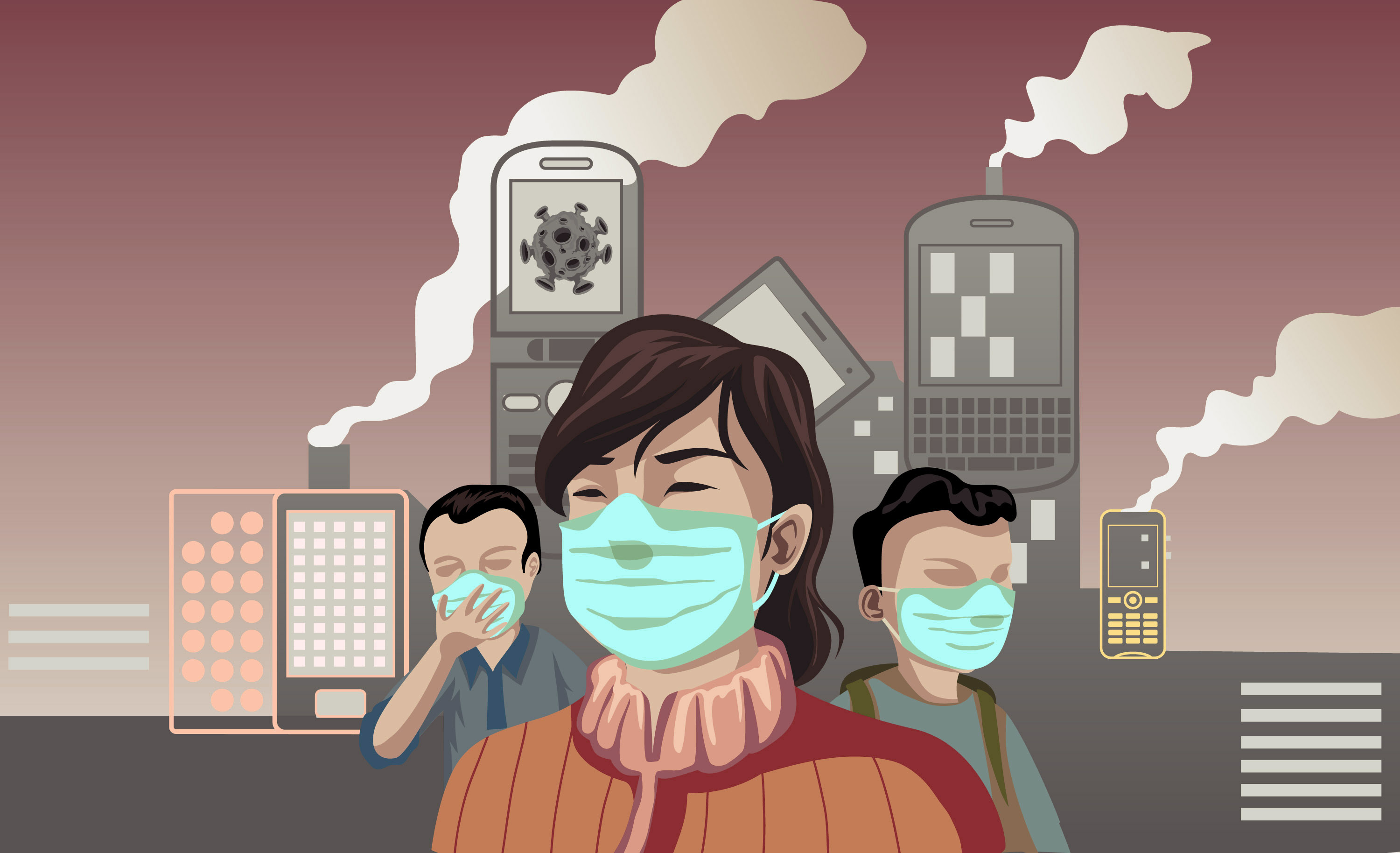
This is the fifth installment in a series about extending the Green New Deal to confront multiple global crises. Read Part I, Part II, Part IIIand Part IV.
As November nears, Trump and his allies still argue we cannot afford a Green New Deal. But this – often global – debate about affordability neglects how generously governments around the world are bailing out companies, including oil and other high carbon industries, during the Covid-19 pandemic. To win the Green New Deal argument, advocates must show how these bailouts could be redirected. We need to make clear that many major economies are committing similar mistakes in 2020 as they did in the 2008 financial crisis, as they pump money into the dominant economic system that is morbidly unhealthy for people and planet.
Covid-19 has re-catalysed government support for big oil
Governments of the world's largest economies – the G20 nations – are giving billions of dollars to the life-threatening fossil fuels industry. By July 22, over $159 billion was awarded to big oil during 2020, according to Energy Policy Tracker, a coalition of NGOs.
In the same time period, renewable energy only received $49.5 billion. All this money could be propelling a Green New Deal style renewables revolution. The US leads the support for fossil fuels, alone awarding over $68 billion between January and July 22, with coal baron allies of Trump included in those reaping in handouts.
Fossil fuels lobbyists are in overdrive worldwide clamouring for governmental support since the pandemic began, as reported byInfluenceMap, an NGO that publishes climate relevant corporate data.
On top of calling for financial bailouts, lobbyists are demanding environmental deregulation from Canada to Australia. Their influence is shown by Trump's administration cutting Environmental Protection Agency water and air safeguards.
Globally, renewable investment is largely losing to fossil fuels during Covid-19. In July, the European Union shifted money from its Just Transition fund for Covid-19 relief.
Also central banks' responses are benefiting oil majors. Both the European Central Bank and Bank of England have bought fossil fuel companies' bonds as part of their quantitative easing responses to the crisis. On the day the WHO declared Covid-19 a pandemic in March, Russia's upper house gave away a tax break for Arctic oil and gas, and new shipping moved into the melting Arctic Sea.
Although China is supporting renewables more than fossils, it has slowed down its moves away from coal.
Other high carbon industries have also been bailed out during Covid-19. Airlines from Norwegian Air to Australia's Qantas have received $hundreds of millions to keep their planes flying. Even though aviation is fastest rising source of climate emissions. Likewise governments are supporting the military industrial complex, including a $17bn boost by the US, mainly offered to Boeing and General Electric for their military businesses.
As this series has previously explained (Part 3), the war industry is a major emitter and should be dismantled with resources directed to a GND. Whilst the bank bailouts of 2008 were given under the pretext they were necessary to save the world economy, they vastly deepened inequality – itself a root problem of the crisis. Likewise, governments need to stop supporting climate change driving corporations in 2020.
Time to end this sick economy
Bank bailouts and today's big oil bailouts show clear parallels. In both, governments and corporations present the idea that national interests and big corporations' interests are intertwined. The government message is we cannot live without these corporations: with the jobs they provide, they are “too big to fail”. This is the justification for direct financial support and indirect support, such as quantitative easing or deregulation.
Government interference with markets – giving handouts and support – contradicts a fundamental neoliberal principle. It shows that big corporations have really only been able to dominate and monopolise markets by working hand-in-hand with government. What really makes this clear is the nefarious way government bailouts are given to politicians' cronies. Governments serve the 1%, but there are even greater connections between bailing out banks and big oil and Covid-19.
Banks finance climate change. In 2019, the Banking on Climate Change report showed 33 big banks financed the oil industry with $1.9 trillion to find new oil sources even after the 2015 Paris Agreement, which asserted much of known oil reserves must stay in the ground.
Many of these banks have received government support, including the largest climate financing banks JP Morgan and Wells Fargo.
Through this interdependent relationship it is easy to show how banks and high carbon industries are related to the Covid-19 pandemic. In 2019, the world woke up to accelerating extinction rates, biodiversity and habitat loss. The Intergovernmental Science-Policy Platform on Biodiversity and Ecosystem Services report was essential to creating this awareness.
This year, the IPBES has published on how a lack of diversity amongst mammals makes pandemics more likely. Our closer proximity to less types of animals increases animal to human transmission rates.
Incredibly, most of the mammals on the planet are either humans or domesticated animals - only 4% of the biomass of mammals consists of wild animals.
Climate change and highly carbon intense industries are driving habitat destruction and biodiversity loss. This means bailing out oil companies will cause more biodiversity loss, increasing the risk of pandemics.
Banks' dominant position and extending the unequal economic system has inflamed Covid-19 in another way too. Many countries with the highest death rates also went through austerity, where public services were cut under the auspices of repaying bank bailouts, including: US, UK, Spain and Italy. Brazil adds to this list, although its neoliberal austerity was not related to the 2007 crash. Of course other factors with Covid-19 rates are at play. But down to a societal level, clearly the disease hits the poorest hardest, many made poorer by the decisions to bail out corporations rather than people.
The criminally negligent handling of the pandemic is also often linked to populist regimes which have risen into power because of the failure of neoliberalism and the structural inequalities exacerbated by the 2008 crash.
Taking Brazil, the US and UK: their leaders have ignored the science on Covid-19 causing thousands of unncessary deaths, prioritising the economy instead. But other countries in the G20 who have taken sensible decisions on Covid-19 but are continuing to support high carbon industries are making a similar error. All those supporting fossil fuels are again ignoring the science for the sake of protecting a dysfunctional economic system, causing unncessary deaths and destruction.
It is clear we are at a crossroads where we could take the path to a safe, low-carbon future that respects biodiversity. The question is how we get there, and that is what the proposals for a Green New Deal are trying to map out. Part 6 will explore how the mechanisms supporting high-carbon industries – from bailouts to regulatory changes, from quantitative easing to other measures – could be immediately switched to serve that purpose instead.














